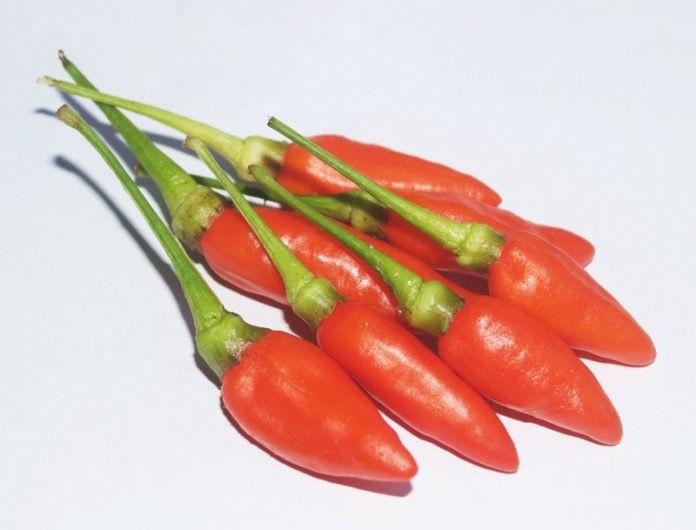
In a new study, researchers found that a spicy diet could be linked to dementia.
They suggest people think twice before adding that extra kick of chili sauce or chopped jalapeno to their meals.
The research was conducted by a team including the University of South Australia.
Chili is one of the most commonly used spices in the world and particularly popular in Asia compared to European countries.
In certain regions of China, such as Sichuan and Hunan, almost one in three adults consume spicy food every day.
Capsaicin is the active component in chili which reportedly speeds up metabolism, fat loss and inhibits vascular disorders.
Previous research has shown that eating Chili is beneficial for body weight and blood pressure. But in this study, the team found side effects on cognition among older adults.
In the 15-year study, the team examined 4582 Chinese adults aged over 55.
They found evidence of a faster cognitive decline in those who frequently ate more than 50 grams of chili a day.
People who consumed in excess of 50 grams of chili a day had almost double the risk of memory decline and poor cognition.
Memory decline was even greater if the chili lovers were slim.
The chili intake in the study included both fresh and dried chili peppers but not sweet capsicum or black pepper.
The researchers say people of normal body weight may be more sensitive to chili intake than overweight people, hence the impact on memory and weight.
This is the first longitudinal study to investigate the association between chili intake and cognitive function.
Education levels may also play a role in cognitive decline and this link requires further research.
The lead author of the study is Dr. Zumin Shi from Qatar University.
The study is published in Nutrients.
Copyright © 2019 Knowridge Science Report. All rights reserved.



